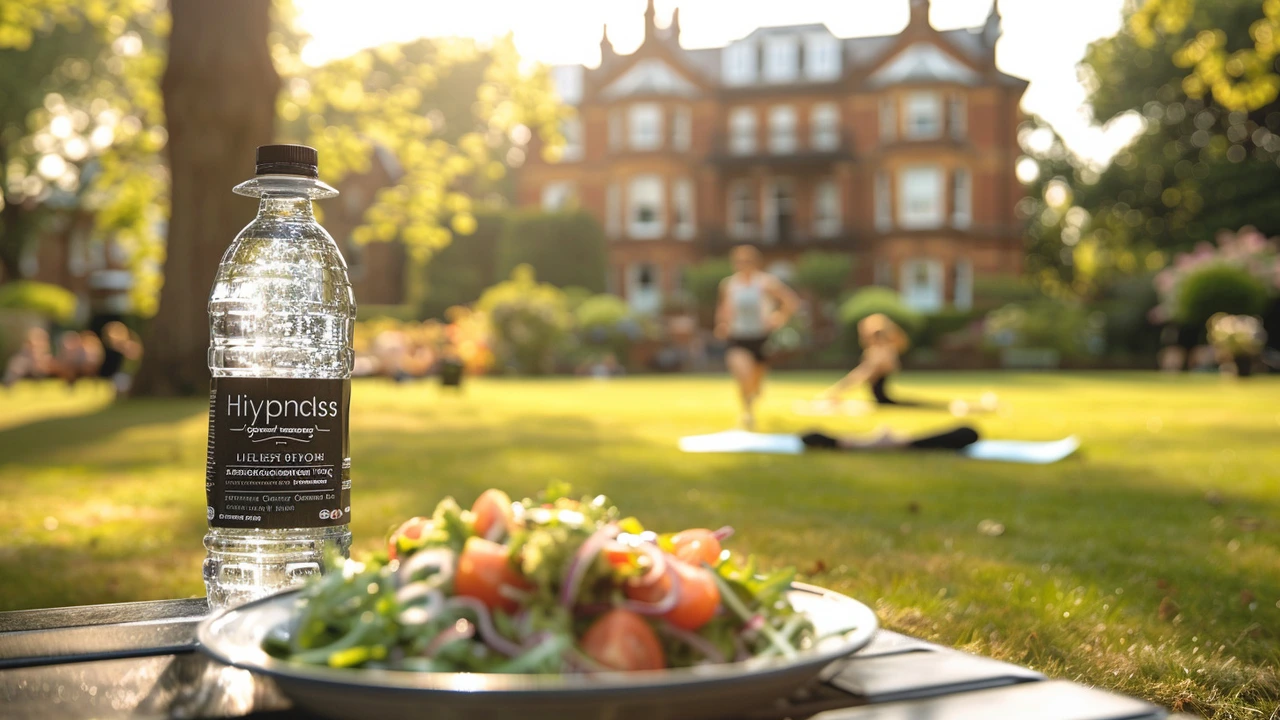How to Boost Your Enalapril‑Hydrochlorothiazide Treatment with Everyday Habits
If you’re taking Enalapril‑Hydrochlorothiazide for high blood pressure, you already have a solid medical foundation. The missing piece is often how you live day to day. Simple changes at the kitchen table, on the treadmill, or before bedtime can make the medication work harder for you. Below are the most effective habits you can adopt right now.
Eat Smart: Salt, Potassium, and Whole Foods
The first thing to look at is your plate. Sodium is the chief enemy of blood‑pressure meds—too much pushes fluids into your vessels, undoing the diuretic effect of Hydrochlorothiazide. Aim for less than 1,500 mg of salt each day. That means swapping out processed snacks, canned soups, and salty sauces for fresh veggies, fruits, and lean proteins.
At the same time, crank up potassium‑rich foods like bananas, spinach, and sweet potatoes. Potassium helps counterbalance sodium and eases tension on arterial walls. A quick rule of thumb: if your meals already include a colorful vegetable side, you’re on the right track.
Don’t forget the DASH diet—Dietary Approaches to Stop Hypertension. It’s basically a blueprint: whole grains, low‑fat dairy, nuts, and beans while trimming red meat and sugary drinks. Even if you only follow it a few days a week, you’ll notice lower readings and feel more energetic.
Move Your Body: Consistent, Moderate Exercise
Exercise isn’t just for weight loss; it directly widens blood vessels and improves the heart’s pumping efficiency. Aim for at least 150 minutes of moderate activity each week—think brisk walking, cycling, or a light jog. If you’re pressed for time, break it into 30‑minute sessions, five days a week.
Start with a warm‑up, then keep your heart rate in the “talk‑but‑not‑sing” zone. This level is enough to stimulate nitric oxide production, which relaxes arteries and helps Enalapril do its job of relaxing vessel walls.
Strength training twice a week also helps. Simple body‑weight moves—squats, push‑ups, or resistance‑band rows—keep muscles strong, boost metabolism, and support overall cardiovascular health.
Mind your consistency. It’s better to walk a few miles every day than to sprint once a month. Set realistic goals, track them on your phone, and celebrate small wins.
Beyond diet and exercise, the other pillars are stress and sleep.
Stress Management and Quality Sleep
Stress spikes adrenaline, which can raise blood pressure in minutes. Incorporate a quick stress‑relief habit—deep breathing, a five‑minute meditation, or even a favorite hobby. The goal is to trigger the parasympathetic nervous system, lowering heart rate and blood pressure.
Sleep is the body’s natural repair tool. Aim for 7‑9 hours of uninterrupted rest. Poor sleep raises cortisol, which counteracts the blood‑pressure‑lowering effect of your meds. Keep a regular bedtime, dim the lights an hour before sleep, and avoid caffeine after noon.
Finally, stay hydrated but watch your fluid intake if your doctor advises a limit because of the diuretic effect. Water helps kidneys filter sodium, but too much can cause swelling, especially if you have kidney concerns.
Putting these habits together creates a supportive environment for Enalapril‑Hydrochlorothiazide. You’ll likely see lower readings, feel more energetic, and reduce the chance of medication side effects. Start with one change—swap out a salty snack for a fruit—and build from there. Your blood pressure, and your life, will thank you.

